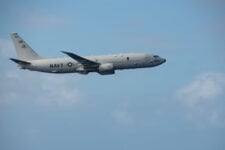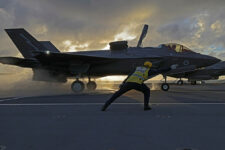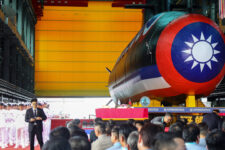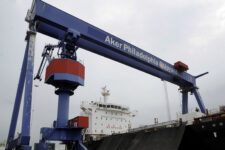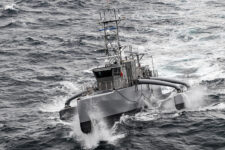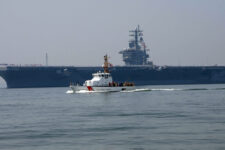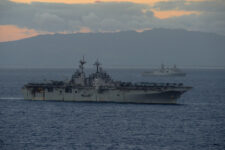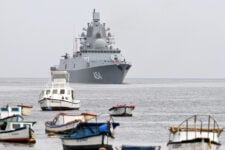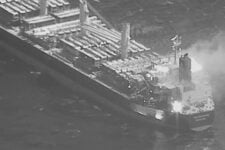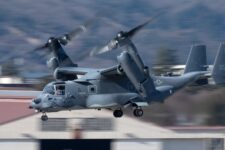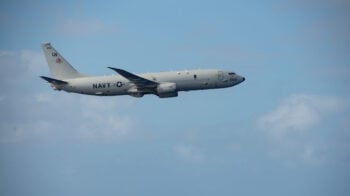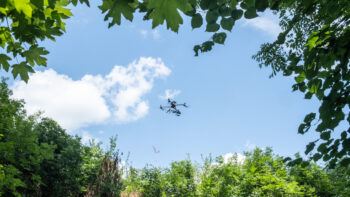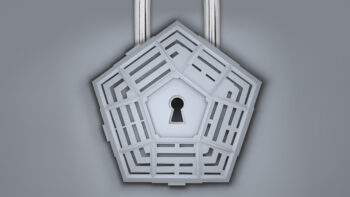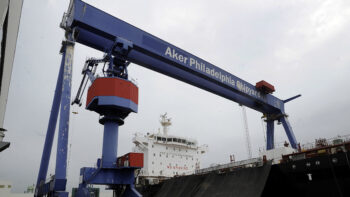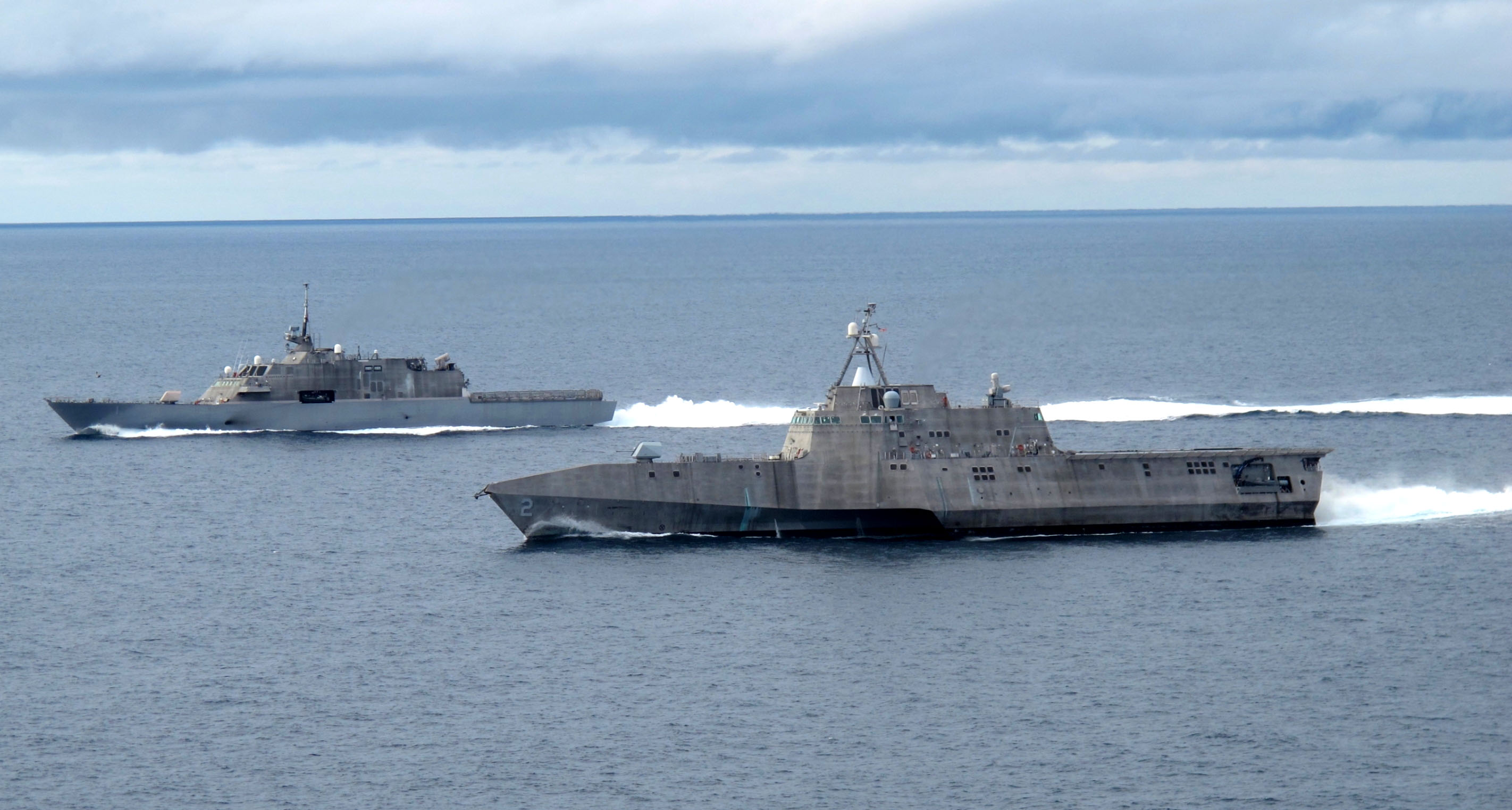
The two Littoral Combat Ship variants, LCS-1 Freedom (far) and LCS-2 Independence (near).(Photo courtesy of US Navy)
WASHINGTON: The Navy officer now in charge of modernizing and sustaining the Littoral Combat Ship says his strategy for keeping the fleet going will in part rely on a “sailor-centric” model in which sailors take more responsibility for their platforms.
“When the bullets start flying… I can’t wait to send somebody out there. I need somebody there now,” Capt. Khary Hembree-Bey, program manager for LCS fleet introduction and sustainment, said during the Surface Navy Association’s annual symposium on Thursday. “And that somebody there now is the sailors every day that are supporting their ships. That’s what I need to do. And I need to get them smart and trained to do it.”
Hembree-Bey’s office is tasked with upkeeping both the Independence- and Freedom-class variants of the Littoral Combat Ship. Dubbed PMS 505 internally, it is a separate entity from the LCS construction-focused program office that is nearing its end of life as the Navy ramps up efforts on the Constellation-class frigate.
Hembree-Bey said that while the service will always need to maintain its relationships with industry, having to call a specialized technician for every issue is “not a model that’s conducive to longevity and sustainability.”
Capt. Matt Lehmann, Hembree-Bey’s principal assistant program manager, added the office is currently working through each system onboard the vessels to improve the manuals sailors use when troubleshooting. He said when an issue arises, those manuals will go through a list of steps to take before a sailor should contact an original equipment manufacturer for assistance.
“Those procedures that they need to fix their gear, originally, are generally written to call the OEM when you get to a certain level. We want to go levels deeper than that so that when the ship is on the deployment, the sailor has that tool in their toolbox,” he said.
Breaking Defense previously reported that Vice Adm. Roy Kitchener, the top officer in the Navy’s operational surface fleet, echoed a similar sentiment about self-sufficiency in the context of the coronavirus pandemic, which restricted outside technicians from helping sailors solve problems onboard ships.
“It helped us identify ways to train better that have actually led to helping us to produce more ready ships,” Kitchener told reporters during a roundtable prior to the symposium. “Everything from port visits to readiness, we became more self-sufficient.”
